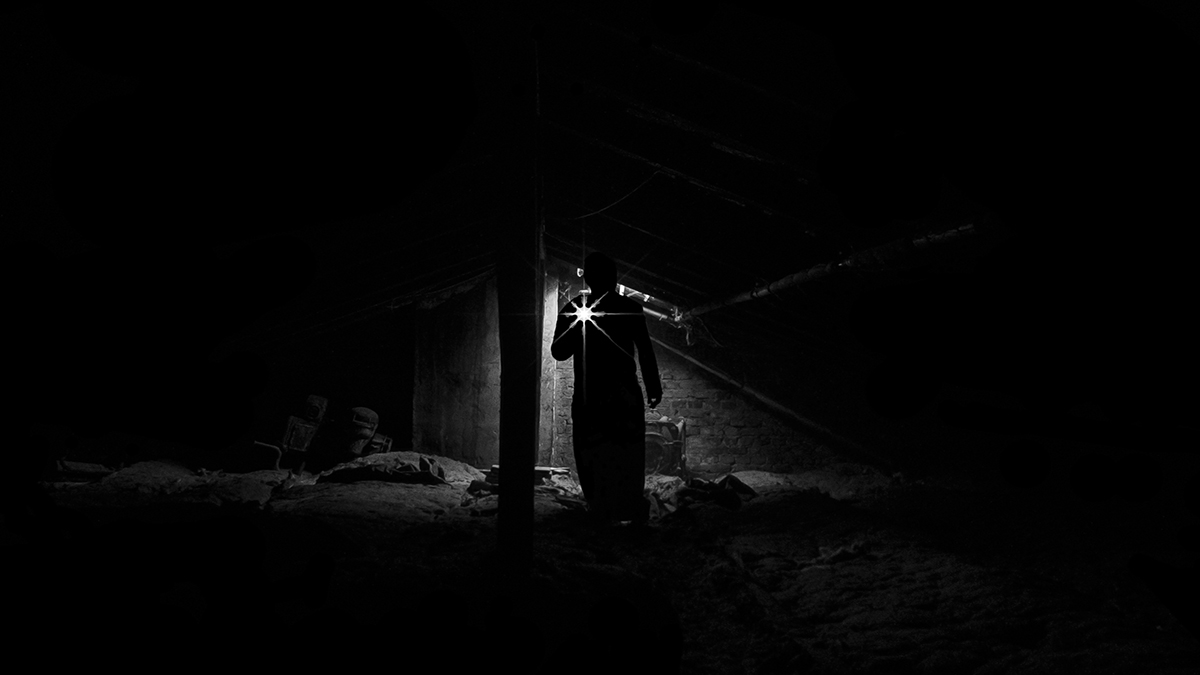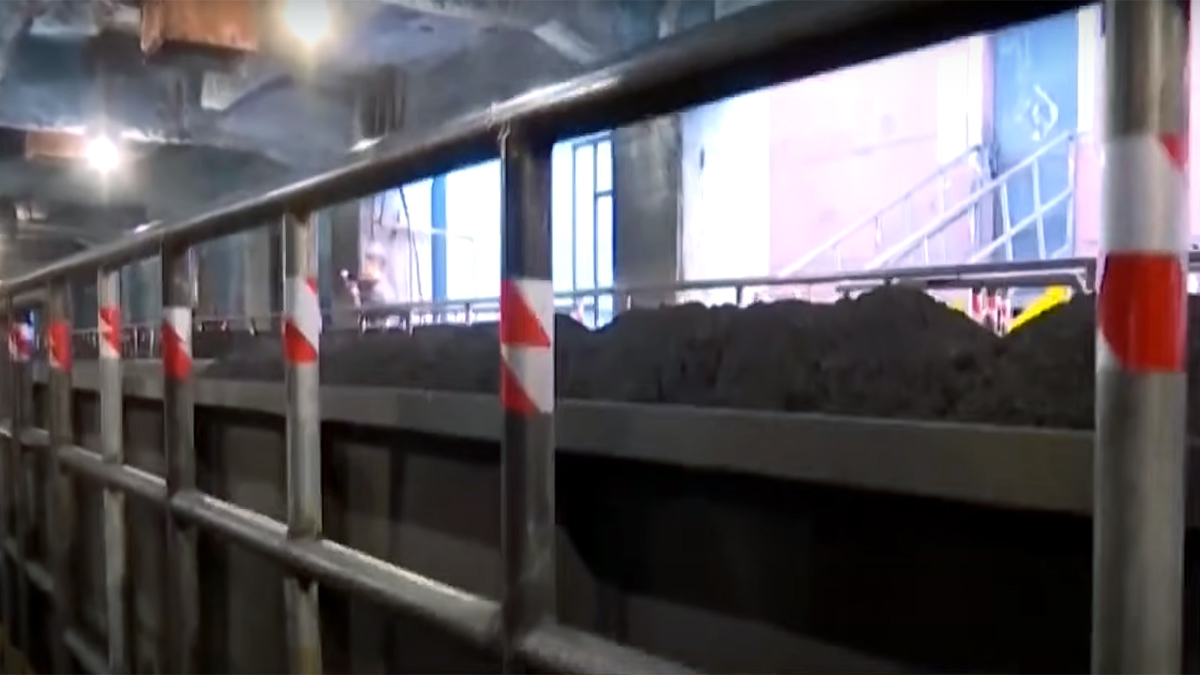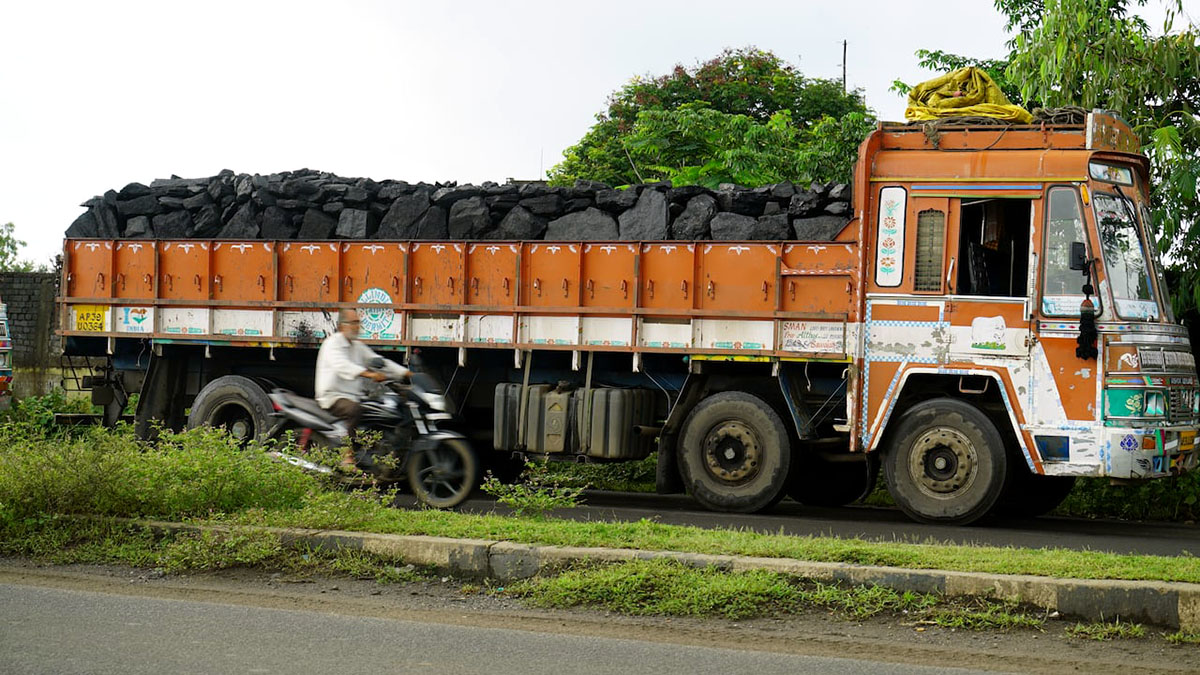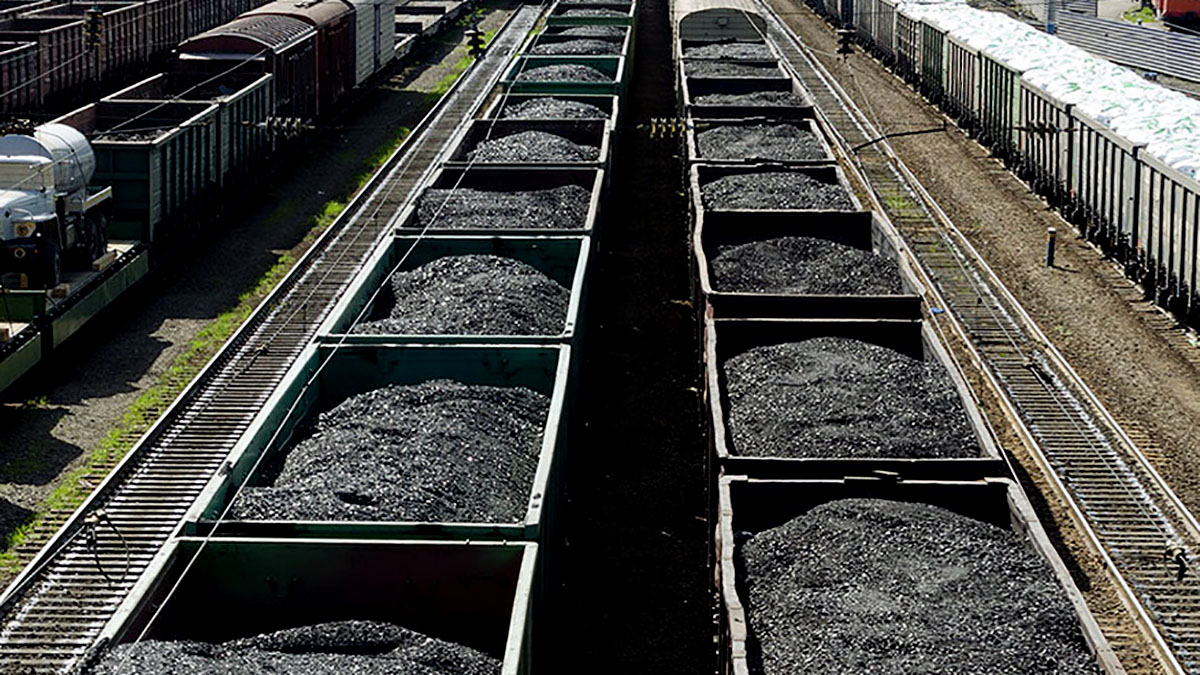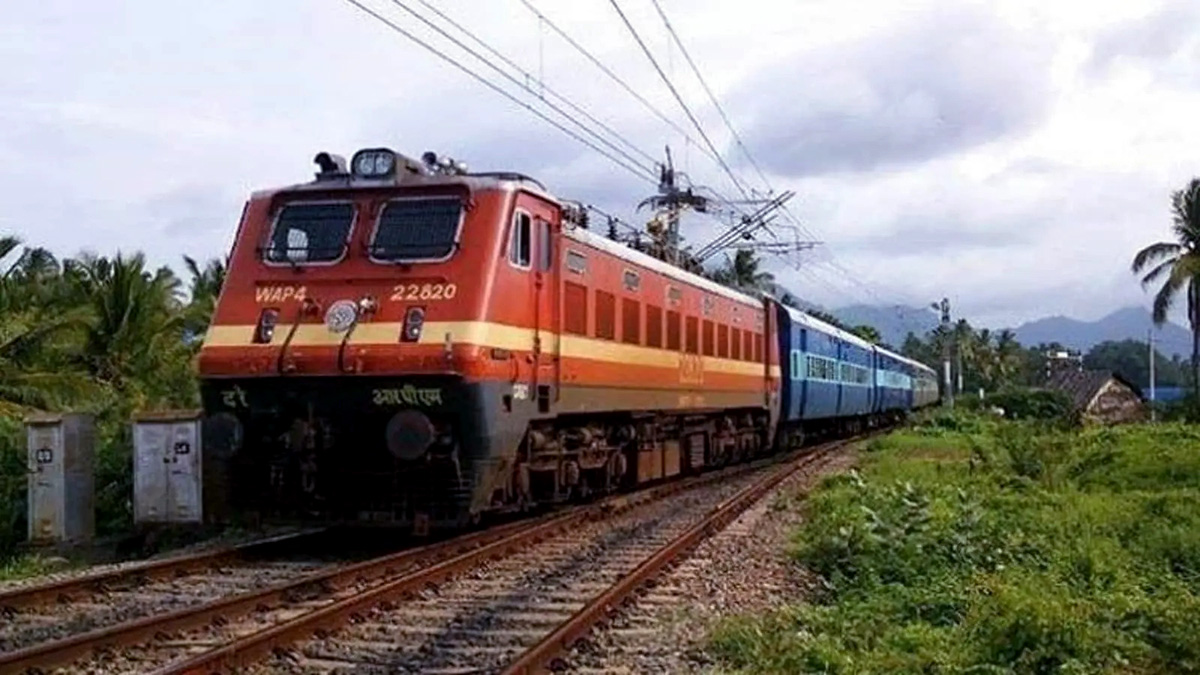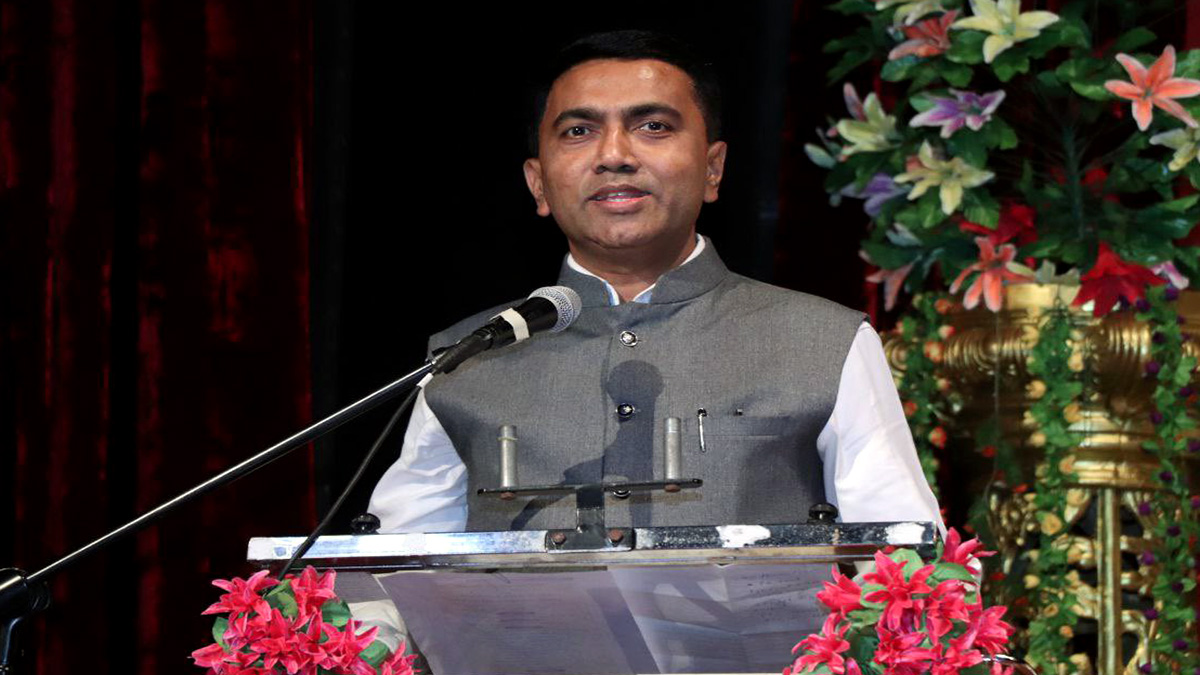Farmers continue to block rail tracks of private power plants in Punjab. This in turn has made the situation in the state grim, with the shortage of coal stock they have been forced to shut down. The movement of coal rakes has remained suspended for about a month due to the farmers stir, so the authorities are forced to impose power cuts. Goods trains were resumed on 21st October after farmer unions had exempted them from their rail roko agitation. However, the Railways decided to extend suspension of its goods train operations, saying protesting farmers are still blocking the tracks.
On Wednesday Talwandi Sabo Power Limited (TSPL) had to shut its operations, while Nabha Power Limited, Rajpura, was also facing acute shortage of coal. Punjab State Power Corporation Limited CMD, A Venu Prasad had said, out of five thermal plants, only one is running. While interacting with journalists he said, “for last month, there has been no movement of coal rakes in the state and coal stock of Nabha Thermal Plant at Rajpura and Talwandi Sabo Power Limited in Mansa is completely exhausted. In three other power plants, stock available will last only for 2-3 days and for emergency purpose or critical events we have kept that. In view of the situation, we are purchasing 1,500 megawatts to 1,700 MW from power exchange, but it is unpredictable, sometimes we get, sometimes we don’t and at what rates we are going to get we don’t know. Whenever we buy power from the exchange, we have to make an advance payment, nearly Rs 5-10 crore daily.”
He said they have requested the State’s Finance Department for release of Rs 200 crore immediately, but they too are facing financial constraints. As of today, the situation has assumed serious proportions. So, if current uncertainty continues, power board and power consumers may face difficulties. Farming sector and industry, as of now cuts were not being imposed, but for domestic categories, minor cuts have been imposed and in days ahead it will depend on how the situation unfolds.
There was not enough rainfall during monsoon this year and as a result water level in reservoirs have gone down, due to which hydel power generation has also come down. And if the coal crisis continues, some problems will be there.


